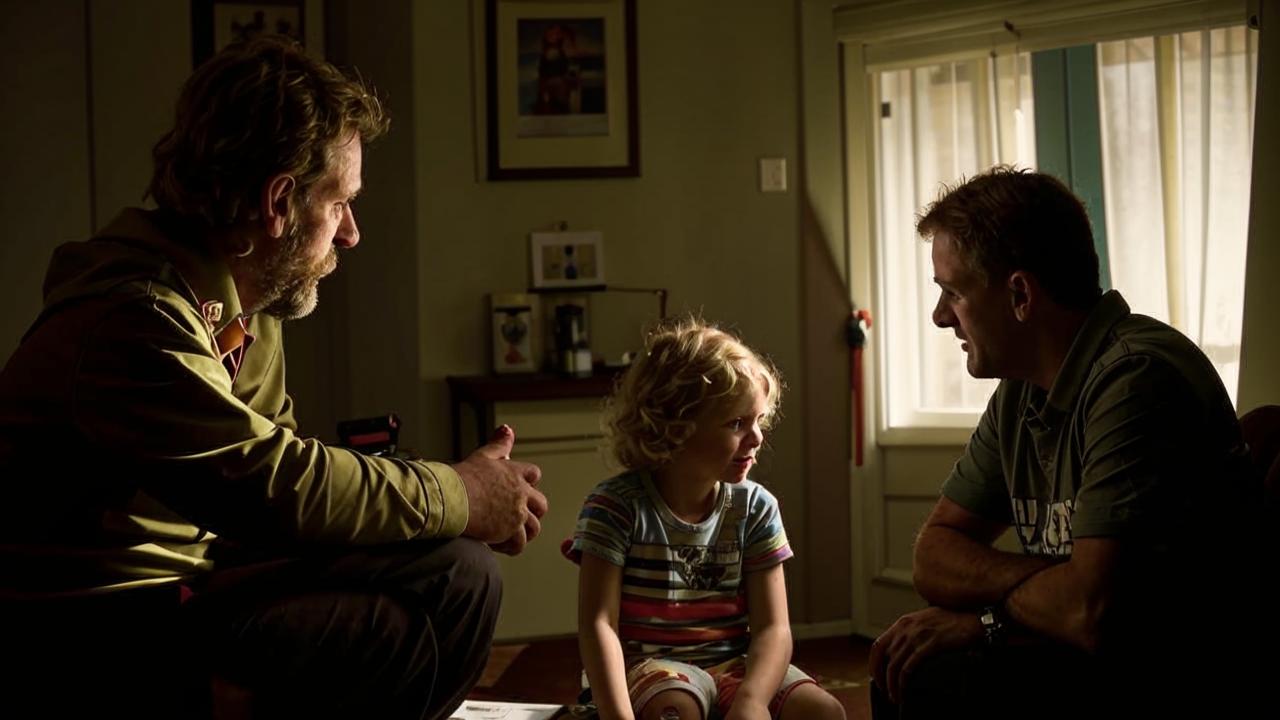
psychoanalytic psychologist, CPT, coach
“What is victim syndrome? It is a psychological state in which a person feels defenselessness before external circumstances and other people. He feels himself to be a victim.
The syndrome can arise as a result of various negative experiences or traumatic events that have left a deep trace in a person’s psyche. Often it is accompanied by a sense of powerlessness, low self-esteem and dependence on the constant sympathy of others.
Let’s look at a few signs of victim syndrome and learn how to identify it.”
A person with victim syndrome: 4 signs
1- Feels victimized
The person sees himself as an object of injustice and suffering. He is a victim of circumstances or the bad actions of others. This feeling can dominate his life, affecting his thinking, emotions, and behavior. The person considers himself defenseless and unable to change the situation, which leads to increased vulnerability and an endless stream of negative emotions.
2. has low self-esteem
This is due to a negative attitude towards oneself, distrust and rejection of one’s own achievements and qualities. People with low self-esteem feel they are not good enough. Lack of self-esteem manifests itself in negative judgments about one’s own status, appearance, abilities, and success. It negatively affects self-perception and hyperbolizes feelings of unreliability and worthlessness.

3. Always prepared for the worst
It’s about a form of pessimism, the tendency to see only the dark sides of life. People suffering from this are always prepared for the worst and immediately see the prospect of a negative outcome in any situation.
This pattern of thinking can lead to increased anxiety and unhappy predictions, which ultimately has a negative impact on emotional well-being and relationships with others.
4. Shifting responsibility for one’s life
A person with victim syndrome sees the cause of his problems and suffering in the people around him or other external factors. He does not take responsibility for his actions and decisions. Instead, he or she concentrates on blaming others.
This behavior can be a way to maintain his sense of powerlessness and avoid making changes or taking responsibility for his own life. Justifying adverse events also becomes a barrier to development and growth because it denies personal strength and the ability to change.
What can be identified as causes?
The most significant factor that influences the onset of victim syndrome and its dynamics in adulthood is childhood experience. How was the child raised, what were the relationships like? All of this plays a huge role in shaping his self-esteem, self-respect and perception of situations.
Growing up in a family where sacrifice and unhealthy interaction dynamics are prevalent can lay the foundation for the development of this syndrome. If a child often sees himself or herself as a hostage to circumstances, without support and adequate corrective action from adults, this affects his or her self-perception, sense of the whole of life, and view of the world.
Children who feel victimized may also observe the relationships of other family members who suffer from a similar syndrome. What does this lead to? The child begins to accept this behavior as the norm. The victim role becomes entrenched.
Psychological or physical abuse, constant criticism and lack of support can also reinforce the victim syndrome. The child’s self-esteem will drop and insecurity will grow. He will begin to believe that he is helpless.

What are the dangers of victim syndrome?
When a person suffering from victim syndrome reaches adulthood, its manifestations can be varied. A common scenario is the tendency to constantly judge oneself and expect validation of one’s victimhood from others. The person may suffer from increased anxiety, depression, and a sense of lack of control over their life.
Victim syndrome can negatively affect interactions with others. A person may unintentionally attract or hold toxic or violent relationships in his life. He or she may be inclined to see themselves as unable to assert their boundaries and demand respect and support.
In general, the dynamics of victim syndrome are associated with the development of negative self-perceptions and negative thinking tendencies. This, in turn, makes it more difficult to shed the victim role and makes it more difficult to build healthy relationships.
2 major negative effects
Victim syndrome can have significant consequences and negative effects. Let’s look at the most important ones in more detail.
1- Limitation and low self-actualization
People who suffer from victim syndrome may experience limitations in their abilities and accomplishments. They see themselves as inferior, unable to succeed. This can lead to limiting goals and dreams, as well as a refusal to make bold decisions due to fear of failure or possible resentment.
2. Relationship problems
People with victim syndrome may have difficulty establishing healthy and equal relationships with others. They tend to attract toxic personalities and abusers into their lives. This may be due to their low self-esteem, insecurity, and belief in their victimhood. They may become easy targets for manipulation or exploitation.
As a consequence, such people often find themselves in unhealthy relationships where they become victims of abuse and emotional oppression. They often have difficulty setting boundaries and protecting their interests, so they continue to stay in relationships even when there are visible problems. This can lead to repeating patterns and negatively impact their psychological and emotional well-being.
Victim syndrome can seriously limit a person’s life and negatively affect their emotional well-being, self-esteem, relationships with others, and opportunities for self-actualization. This is why it is important to work on overcoming it. What steps should be taken?

How to overcome victim syndrome? 5 steps
Step 1: Recognize and acknowledge the victim syndrome
The first step in overcoming victim syndrome is to recognize and acknowledge its existence. It is important to realize that you are in this condition and it is affecting your life and well-being. Try to analyze your thoughts, emotions, and behaviors to recognize how victim syndrome affects you.
Step 2: Work with past traumas
Victim syndrome is often related to past negative events or traumas that have left an emotional mark. The second step is to recognize, accept and work with these experiences. See a counselor to help you understand the emotional impact of past traumatic events and learn effective coping strategies and techniques.
Step 3: Establish boundaries and personal responsibility
An important step in overcoming victim syndrome is setting boundaries and realizing responsibility for your own life. Believe in your own strengths and abilities, learn to say “no” and assert your rights. Set clear personal boundaries to prevent further victimization.
Step 4: Develop a strong and healthy self-esteem
Victim syndrome is often accompanied by low self-esteem and a negative perception of yourself. It’s time to change that! Work on developing a strong and healthy self-esteem. Appreciate personal accomplishments and qualities, take care of yourself and your health, develop interests, and set realistic goals.
Step 5: Support and form healthy relationships
You may encounter challenges in the process of overcoming victim syndrome. It is important to have support. This should be a good, trusted friend or close family members who understand you. Also, do not forget about the possibility of seeing a psychologist. Know that you have the right to get help. Do not be afraid to ask for help.






